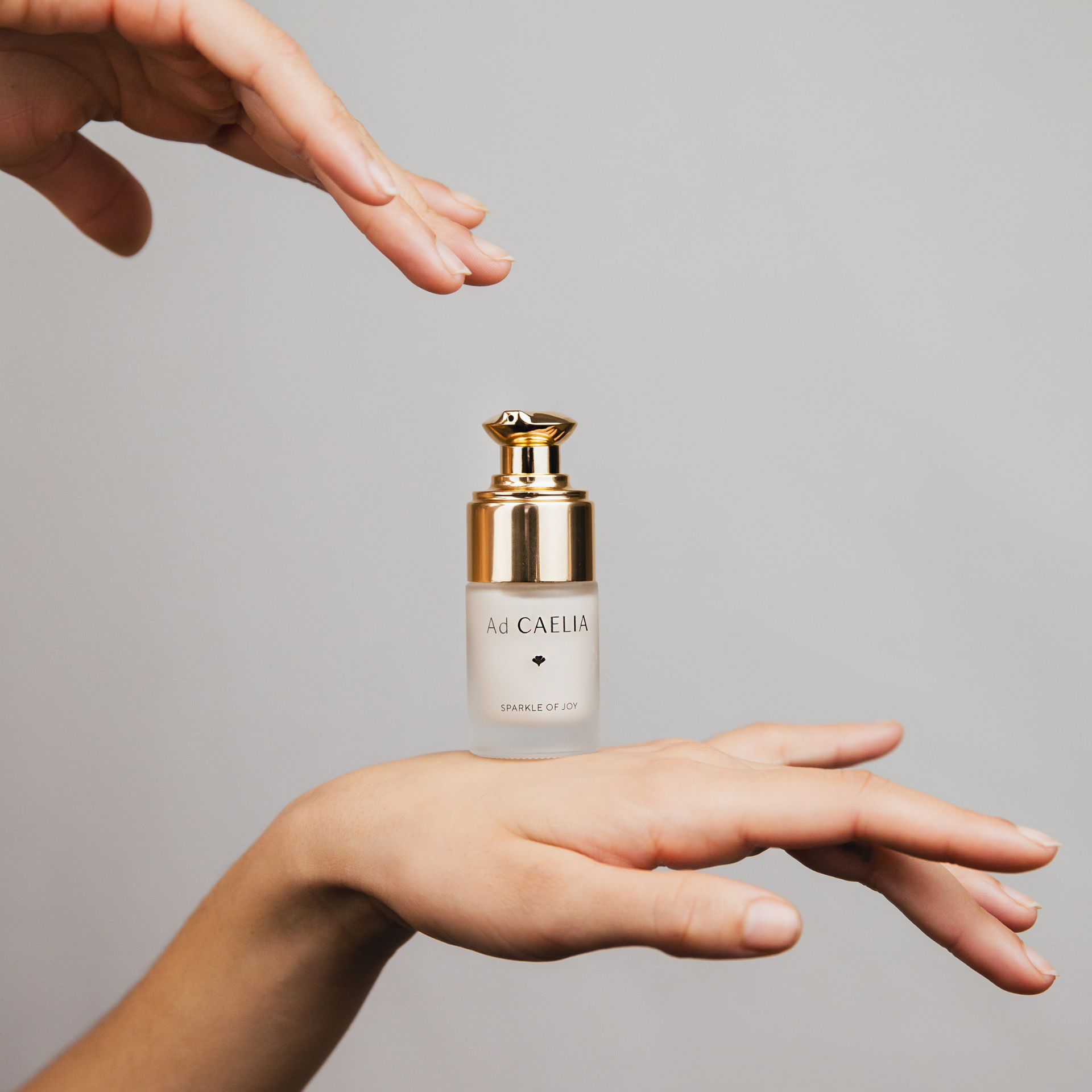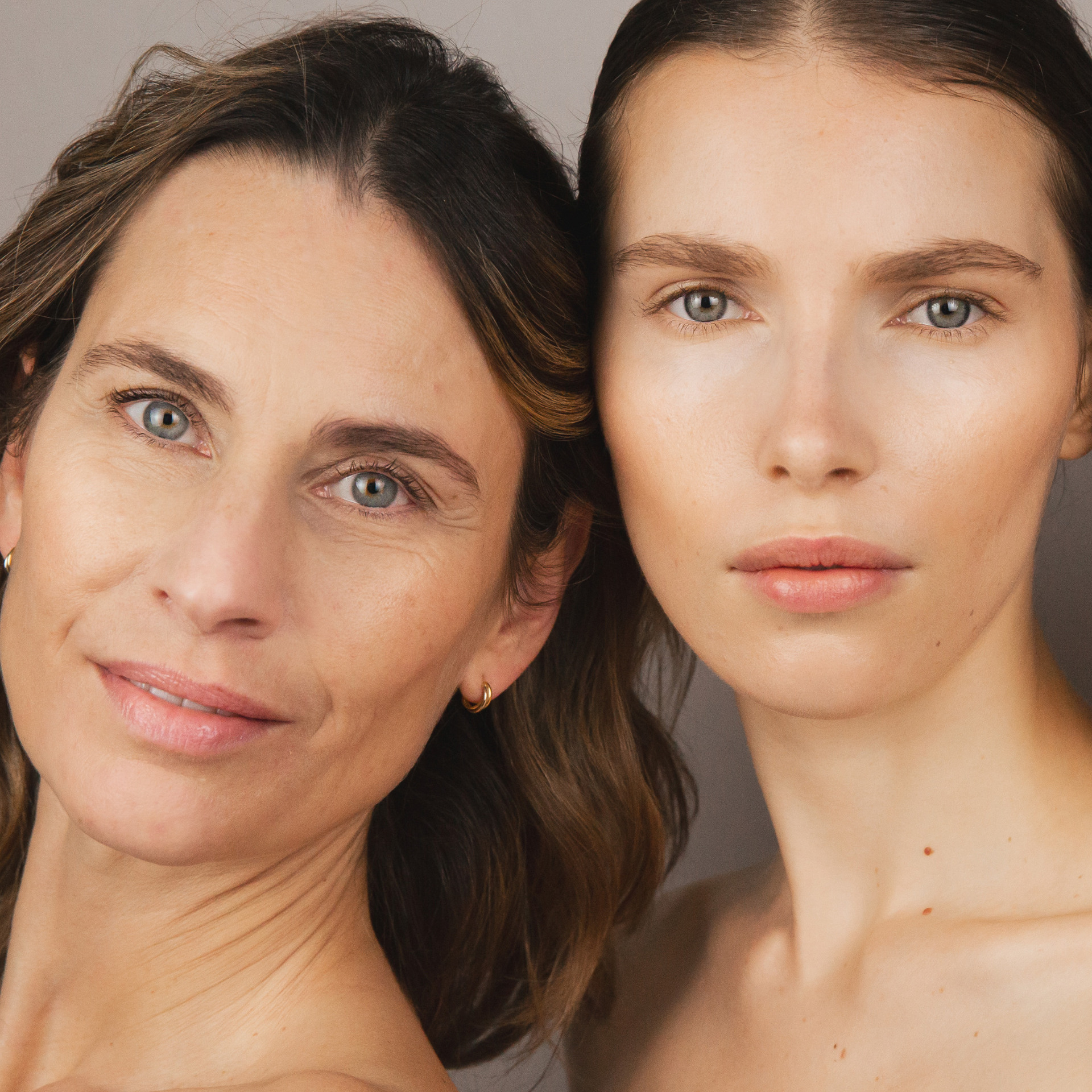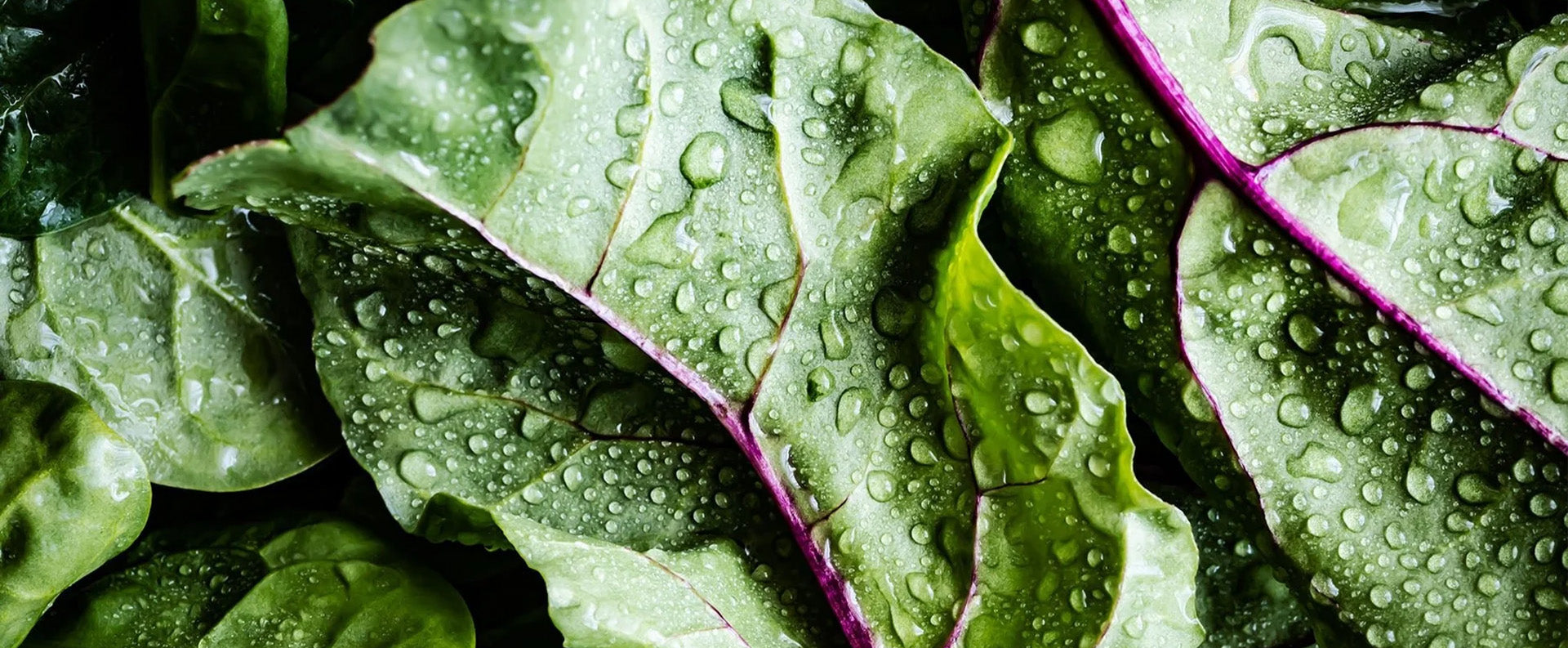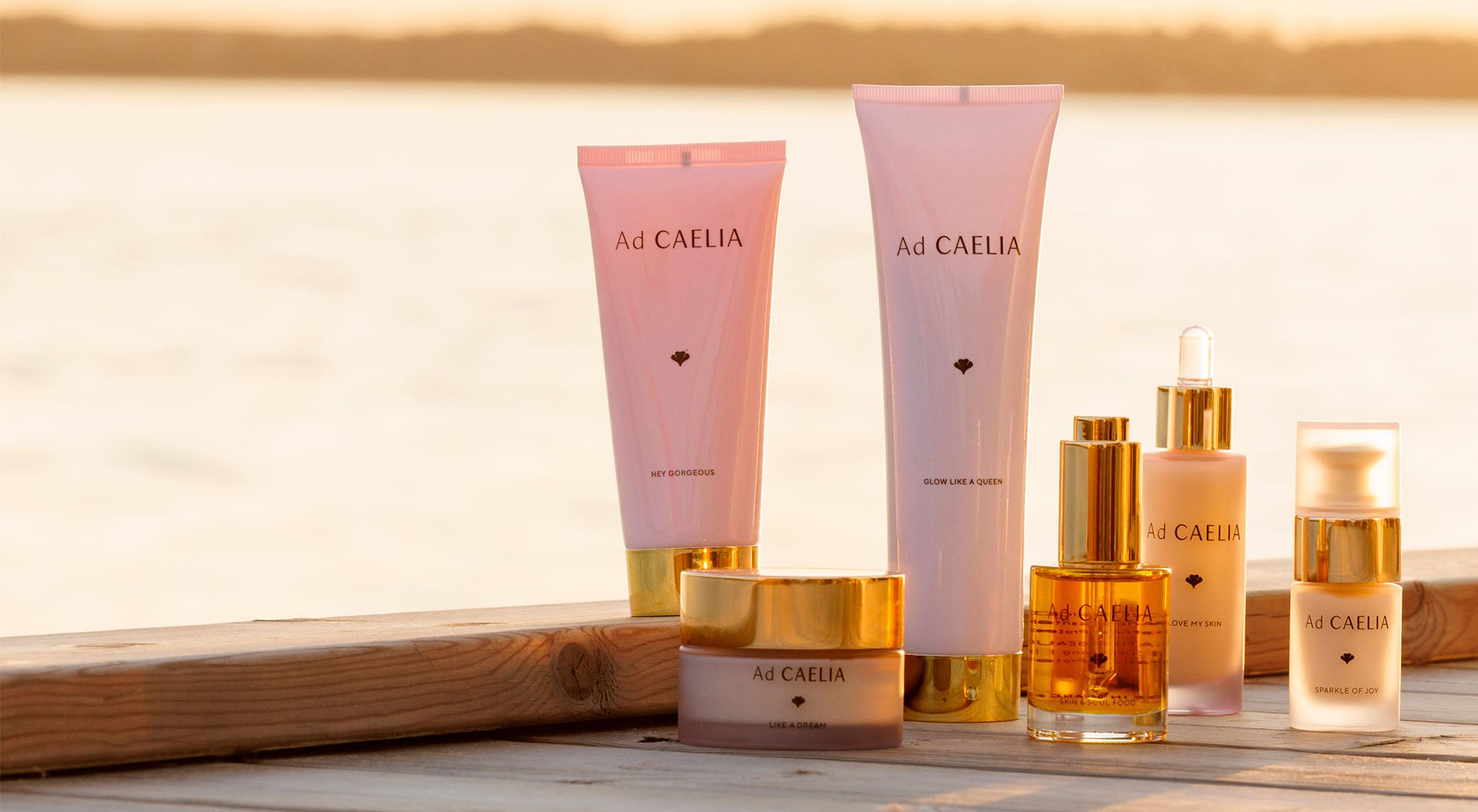Although present in tiny quantities in our body, this mineral nevertheless has essential roles in our organism:
- Oxygenation of tissues via hemoglobin which carries oxygen in the blood.
- Essential for energy production within our cells
- Essential for the production of certain neurotransmitters such as serotonin (influences our well-being and serenity) and dopamine (which acts on motivation)
Iron is therefore a central element for the proper physical and psychological functioning of our body.
However, there are common situations that can make us vulnerable to iron deficiency:
- An inadequate diet or specific needs that require additional intake. This can be the case with a poorly balanced vegan diet, as well as an omnivorous diet, because we must not forget that 80% of the iron we absorb comes from the plant kingdom! If we distinguish between haem iron (found in meat and fish) and non-haem iron (present in plants), the imbalance can occur in both cases, because more than the amount of iron ingested, it is the amount assimilated that counts. In addition, specific situations, such as pregnancy , require increased iron intake (especially from the third trimester, during which the placenta is conceived, oxygenated, and the baby's blood system is established).
- Too many losses: It may be heavy periods (due to the natural functioning of your body, or linked to the fitting of a copper IUD which can lead to heavier losses), or to pathologies causing hemorrhagic losses at the digestive level (rectolitis, celiac disease, etc.). These heavy losses may finally be linked to the period of childbirth, or to the first month postpartum.

How do you know if you are deficient?
- Some physiological signs can put you on alert, even if they are difficult to correlate directly with this lack: fatigue, pallor, shortness of breath, hair loss, soft/brittle nails – not easy to clearly identify postpartum…)
- A blood test measuring your ferritin level, which is the iron reserve available to your body that is made in the liver. The range is wide (between 30 and 200 nanograms per mL) but it would be advisable not to go below 50… Also trust your feelings!
So how do you correct an iron deficiency?
- Food remains the essential lever : we boost our plate with spices, herbs (parsley for example), sprouted seeds, and oilseeds rich in iron (almonds, hazelnuts). We invite vegetables to our table (cabbage of all kinds, peas, spinach, purslane, etc.), legumes (lentils, red beans, etc.) and we give pride of place to fish and shellfish (clams, mussels, shrimp, etc.) or even to certain red meats (of irreproachable quality please. For vegans, tofu (fermented in particular) is a good option too, without forgetting spirulina, a real nutritional bomb so dense in iron!
- We optimize assimilation by combining our iron intake with a food rich in vitamin C (raw vegetables, kiwi, orange, pepper, parsley, etc.) and we avoid coffee/tea intake which limit its absorption. If we have been anemic for a long time or have difficulty fixing iron despite a suitable diet/supplements, it is better to avoid tea and coffee. Also be careful with legumes, some of whose compounds (phytates in particular) hinder the proper assimilation of iron. The ideal in this case is to soak them overnight before consuming them. We also think about choosing a natural sourdough bread which will eliminate the action of these compounds by making the iron more available to the body. Ideally, we avoid gluten altogether, because this large protein often prevents proper assimilation and promotes deficiencies in the body.
- In the event of a significant deficiency or increased need, we do not hesitate to go through the route of supplementation . Be careful to choose a quality iron salt (a type of vehicle that transports iron in your body) that will offer you better assimilation and thus reduce the side effects often associated with taking this supplement (digestive problems, nausea). The ideal would be to turn to an iron bisglycinate which has an assimilation rate three times higher than the so-called "first generation" iron using a sulfate salt. Unfortunately, only the latter are reimbursed by social security - it therefore depends on your resources and your decision on this subject.
Finally, pay attention to the list of excipients which can also be the cause of many secondary problems (maltodextrin, cellulose, talc used to shape the tablets, or even titanium dioxide, used to opacify certain capsules).
Take care of yourself !
Love,
Ad CAELIA team






Leave a comment
This site is protected by hCaptcha and the hCaptcha Privacy Policy and Terms of Service apply.